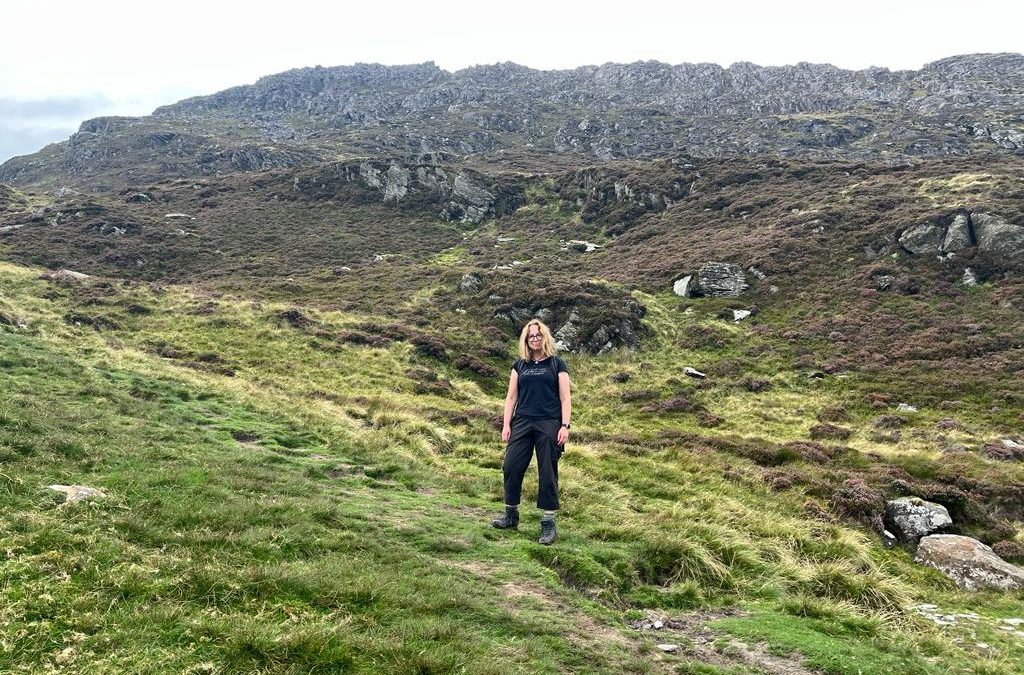I recently met Dr. Wendy Dossett for the first time, on Zoom, and it was a real pleasure talking with her. I was fascinated by her research into the 12-Step Fellowship that she described in her interview with Wulf. My good friend and near neighbour Michael Scott, he of 45 years recovery from a drinking problem, also found Wendy’s research on the 12-Step Fellowship and some of their central concepts to be very interesting.
I have included the following two clips from Wendy and Wulf’s interview in a Stories post, since it includes Wendy’s experiences in addiction and her research, and historical elements relating to the 12-Step Fellowship.

1. The Nature of Addiction [2’23”]
Wulf asks Wendy whether she is very particular about the language around addiction, in the same way as she is nuanced with language used around the word ‘recovery’. Wendy responds by saying that she was utterly powerless over her addictive behaviour. She identifies with the concept and experience of powerlessness, and is quite comfortable relating it to addiction.
Addiction is that ‘desperate need for oblivion, desperate need to change how I feel… a total lack of control.’ She has so many memories of the desperate desire not to do what she was doing, but being unable to desist, until ‘I acknowledged my own powerlessness.’
2. Powerlessness [8’55”]
Wendy describes powerlessness as being a central concept in 12-Step fellowships such as Alcoholics Anonymous (AA). It is argued that if control of substance use is beyond your own willpower, then there has to be some other power that is going to bring about abstinence. For example, Step 1 states ‘We admitted we were powerless over alcohol…’, whilst Step 2 states ‘Came to believe that a Power greater than ourselves could restore us to sanity.’
Wendy emphasises that we must remember that the 12 Steps were written in America in the 1930s by white Christian men who came from quite pious backgrounds. For them, the Higher Power was indisputably God. However, early on in the development of AA, room was made for people to interpret Higher Power in any way that made sense to them. As a historian of spirituality and an ethnographer, Wendy has been very interested in how the language around the fellowships has changed over the past 80+ years. Today, there is a massive diversity in the way people interpret Higher Power.
Wulf points out that some people reject fellowships without trying them because they say they don’t want ‘to do that god-stuff’. Wendy can understand this, given the literature is still the formal language of the 1930s. However, if you listen to the voices of fellowship members you hear really creative ways they interpret that language, in ways that make sense for themselves. One common translation of GOD is Group Of Drunks. Former drunks being abstinent is a power that a newcomer can tap into. The power of example, the power of community, the power of friendship.
In Wendy’s research, only 25% of her fellowship participants described themselves as religious. Many people who stick around in the fellowships interpret Higher Power in secular ways. She points out that lots of ideas found in SMART Recovery, which presents itself as rational and scientific, ‘those very same mechanisms are working in this apparently religious or spiritual context’ of the 12-Step fellowship.


